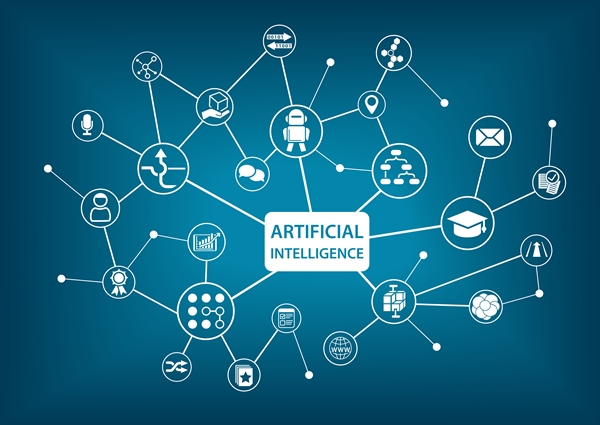Fearing medical AI for the wrong reasons
Fearing medical AI for the wrong reasons
The most immediate impact of AI in medicine will be felt in diagnosis. That’s already apparent in radiology. But as Professor Enrico Coiera, Director of the Centre for Health Informatics at Macquarie University, says: “Diagnosis is just one day in the life of a patient’s healthcare journey. Everything that follows diagnosis makes up the majority of healthcare, so healthcare professionals haven’t got much to worry about.
“Healthcare won’t run out of jobs, because there is such a huge, unmet need for care. If we were to cure the top 10 diseases, we would then get to focus on the next 10, and so on.”
Professor Coiera sees the efficiencies inherent in medical AI as helping the problem of this unmet need.
But he is also worried that between the business of technology, the desire for speed to solve efficiency issues in the face of cost pressures in health, and the iterative nature of the introduction of AI into medical workflows, we are missing something vital.
“A lot of decisions in healthcare are going to be shaped by input from algorithms and while that is overall a good thing, we need to understand much better in what circumstances it will also be a problem. We need to be very clear about the framework in which we operate when we’ve made that conscious decision to hand over part of the care to an algorithm,” Professor Coiera said.
He warns that often we are introducing AI into medical processes without clear evidence of how we should be working with that technology, or without providing proper training to the healthcare professionals.
Centres related to this news
Centre for Health for Health Informatics

Email:
Content owner: Australian Institute of Health Innovation Last updated: 19 Oct 2018 11:00am
